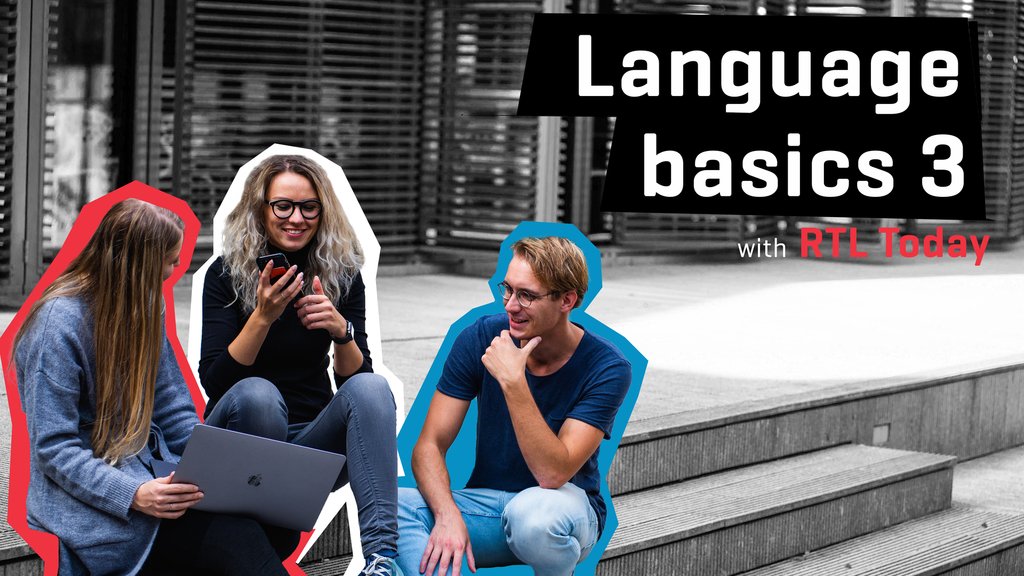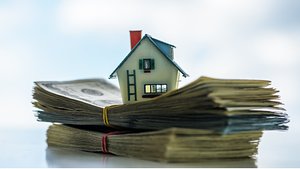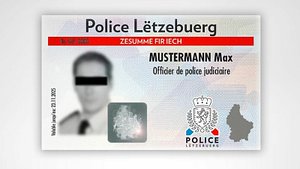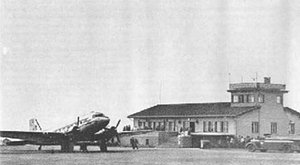
© RTL / Julia Maaluf
Before addressing people and finding your way around town, you may want to know when to use op and when to use bei when talking about directions.
If you want the deep dive on those grammatical details, you've come to the right place!
Welcome back to the grammar section!
In this language basics article, we'll dive into some more nuances of Luxembourgish, in particular the difference between op and beii as it pertains to locations.
The difference between op and bei
Luxembourgish uses two different words to express the English "to" in the context of locations: We use op when we are talking about a place (such as a town square or a neighbourhood). For example:
How do I get to Kirchberg? -> Wéi kommen ech op de Kirchbierg?
How do I get to the marketplace? -> Wéi kommen ech op d'Maartplatz?
We also use op when talking about airports as well as bus or train stations. Thus:
How do I get to the train station? -> Wéi kommen ech op d'Gare?
How do I get to the airport? -> Wéi kommen ech op de Flughafen?
How do I get to the bus station? -> Wéi kommen ech op d'Busgare?
op is also what you want to go for when asking about how to get to a certain town or city:
How do I get to Echternach? -> Wéi kommen ech op Iechternach?
Pro Tip: Most Luxembourgers will of course understand the French and German names of the various municipalities of the Grand Duchy. However, if you want to sound that little bit more like a native, it is much more natural to use the Luxembourgish town names while speaking. If you want to look up the Luxembourgish name of a town, simply type the French or German name into LOD.lu – their entries also include audio samples of the correct pronounciation!
On the other hand, bei is used when talking about buildings:
How do I get to the supermarket? -> Wéi kommen ech bei de Supermarché?
How do I get to the post office? -> Wéi kommen ech bei d'Post?
How do I get to the swimming pool? -> Wéi kommen ech bei d'Schwämm?
Telling the difference can sometimes be a little confusing, especially if you're just starting out learning Luxembourgish. But if you keep speaking and listening to Luxembourgish, you'll eventually get an instinctive feel for this.






